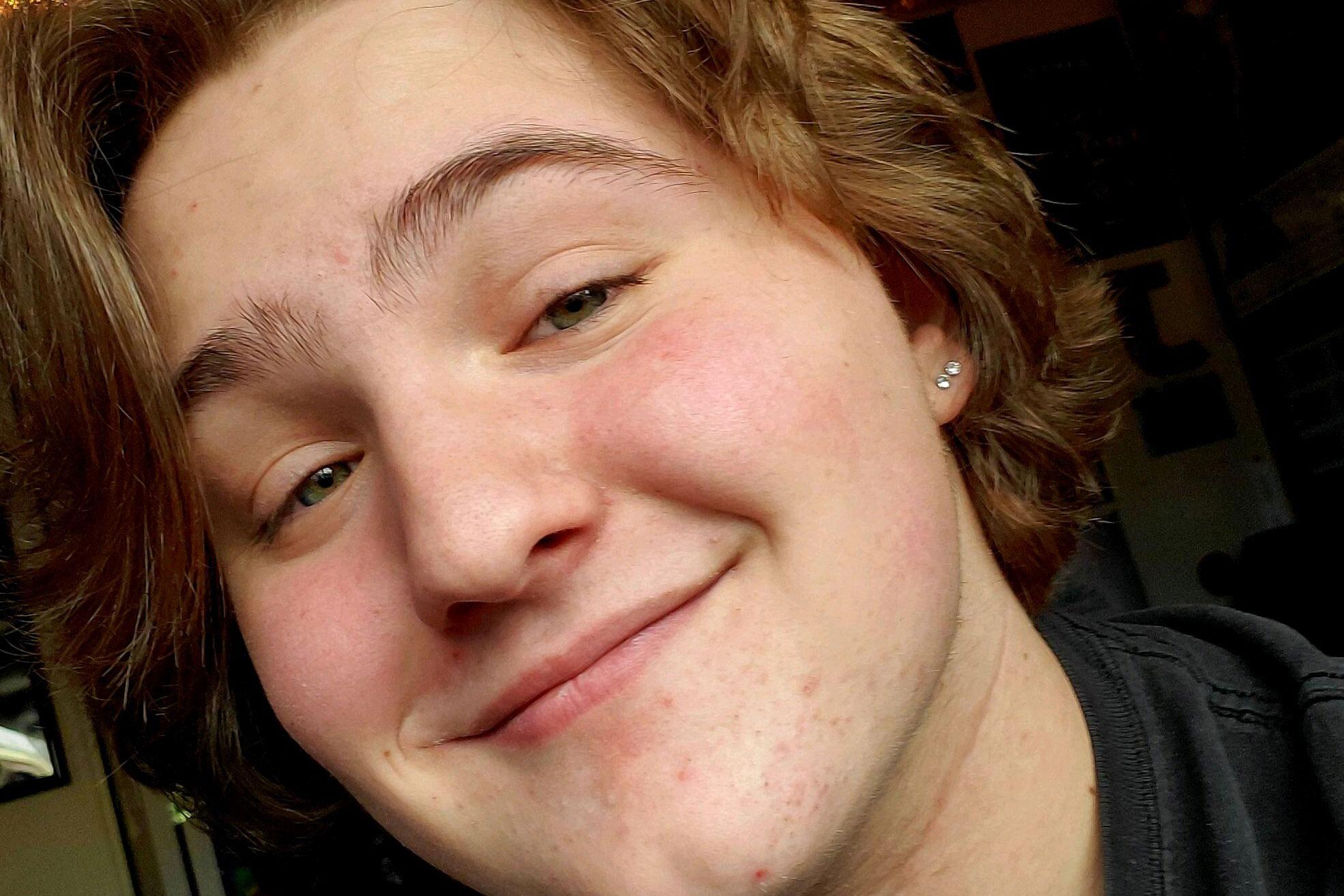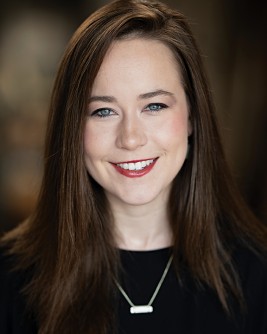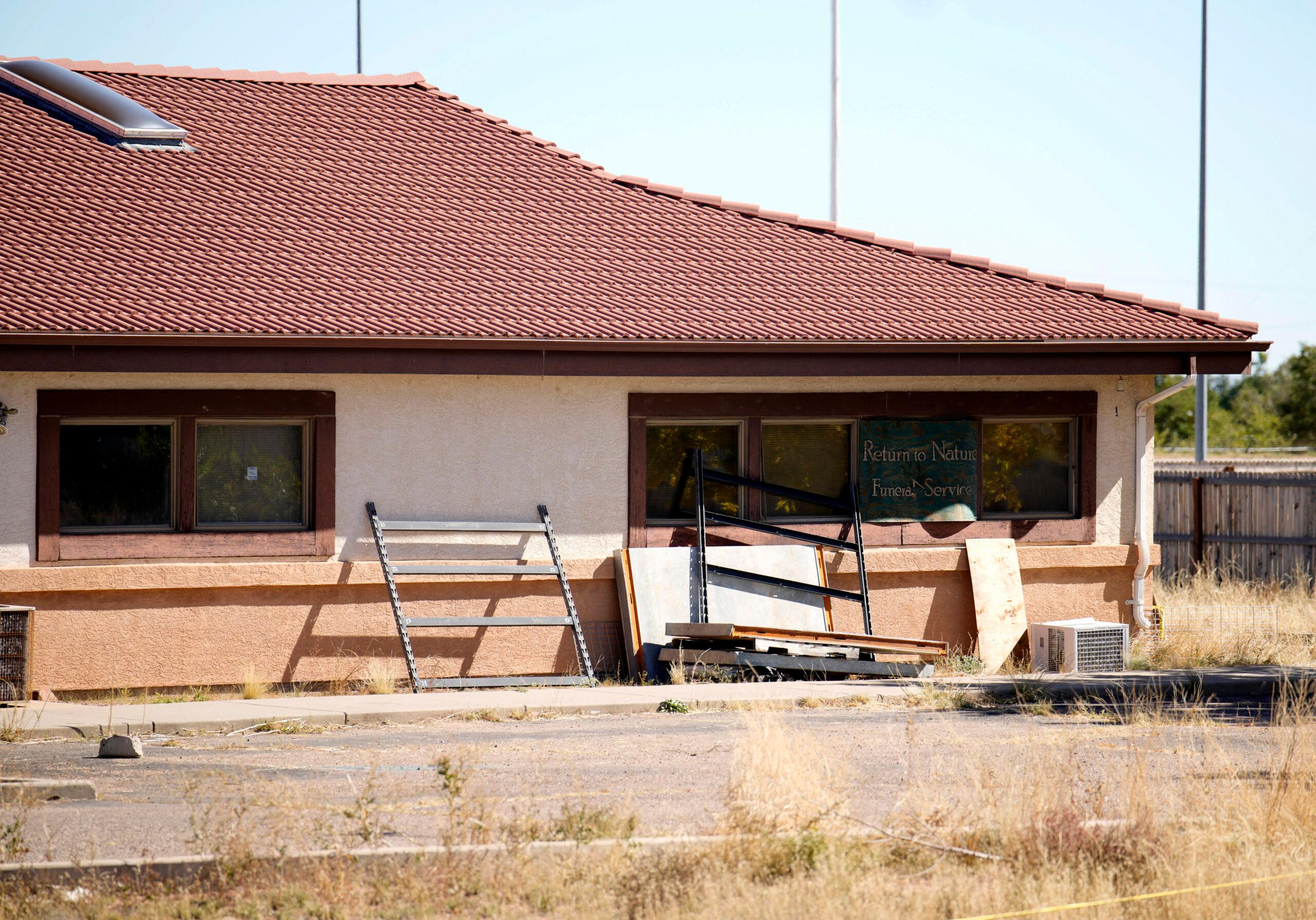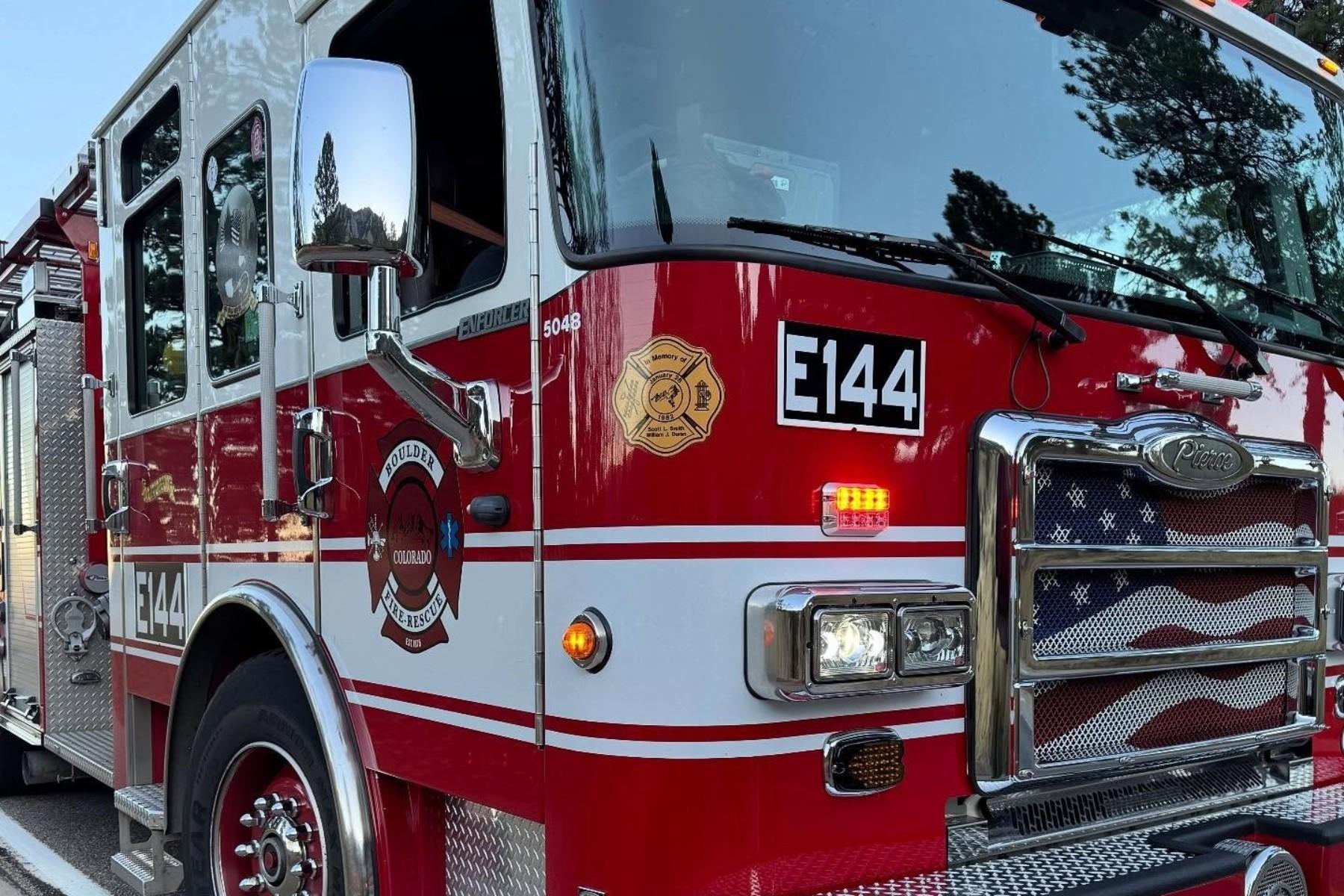
The coronavirus pandemic didn't stop the clock when it sent us home, especially not for teens. Young Coloradans are missing dances, internships and so much more.
Before the pandemic, 16-year-old Jak Rogoff regularly led homeroom activities at his high school in Lakewood. As a peer leader for the suicide prevention program, Sources of Strength, he guided activities to raise awareness about mental health resources and help students’ strengthen their support networks.
He continues to lead activities in virtual classrooms, but “it's a lot harder.”
“There's people who have their cameras off, and they don't want to listen, so they just zone you out,” he explained.
Still, Rogoff’s motivation for being a peer leader is the same whether he’s in-person or online.
“I just try to be a person that other people can talk to,” he said. “I've had times in my life where I felt like I didn't have anybody to talk to, and my biggest goal is to make sure that nobody else gets to that place where they feel helpless.”
- ‘I Don’t Need Validation’: This Teen Wrestles With Cultural Identity As The Pandemic Threatens Her Quinceañera
- ‘Something I Love’: This Teen Found New Appreciation For Swimming After Coronavirus Closed Pools
- This Teen Has Been Through Hell. Now She’s Helping Her Peers
- Teen Diary: Amelia Tells Us How Academic Stress Led Her To A Breakdown
Rogoff was bullied in elementary and middle school, and those experiences inspired him to become a Sources of Strength leader his freshman year.
“I was called a lot of things about my weight,” said Rogoff, and “a good portion of it was some people using derogatory slurs towards people who aren't straight because I acted flamboyant as a kid.”
In high school, the bullying subsided, but he’s still wrestling with its effects on his mental health.
The pandemic has also taken a toll. Social isolation has been particularly difficult, and he misses in-person classes, swim team, marching band practice and going to movie theaters.
At the same time, he’s intentional about using the coping skills he’s developed.
“If I feel sad, I'll just play the piano and feel much better. I like playing video games, so that's a lot of fun to be able to take anger out or just have fun. I've also taken up boxing,” Rogoff said.
Social media is another tool that’s new to him. Before the pandemic, Rogoff wasn’t allowed to use social media, but now his parents let him use apps like Snapchat, Instagram, TikTok and Facebook.
“That helped so much because I was able to connect with people that I hadn't talked to in years,” he said. “It's crazy to be able to talk to so many people on just a couple of different platforms.”
Through the pandemic, he’s found it’s important to “take action” when he feels down about himself.
“I think that's something that I've learned is really important and helped me through this time.”
This profile is based on a panelist interview for “Call to Mind Presents: Life’s Not On Hold – Teens Navigate Missed Milestones.” On Jan. 28, 2021, Colorado Public Radio’s Avery Lill will lead a discussion with and for teens to share their experiences, along with licensed therapist and school social worker Feliz Fraser, and Rosalind Wiseman, teen mental health advocate and author of “Queen Bees and Wannabes.” The discussion will explore the losses teens have faced during the pandemic and solutions for navigating this turbulent time in their lives.









